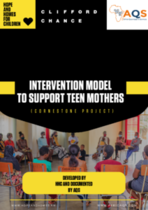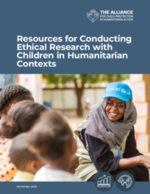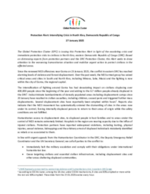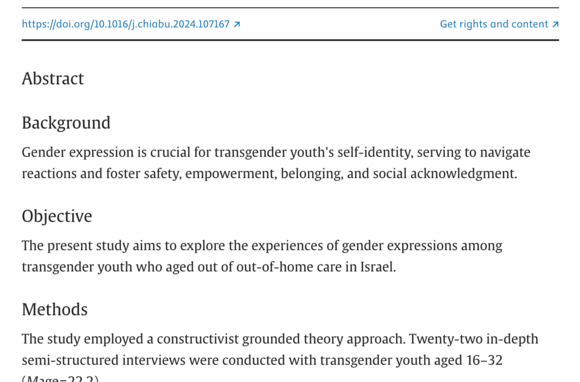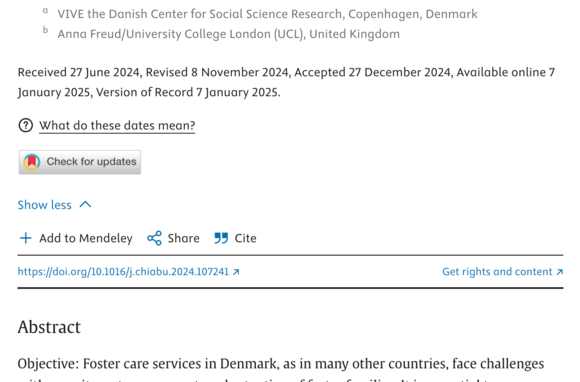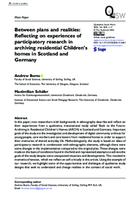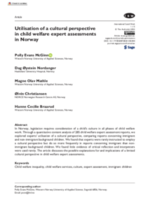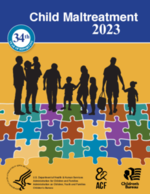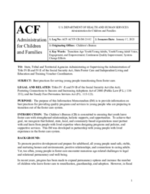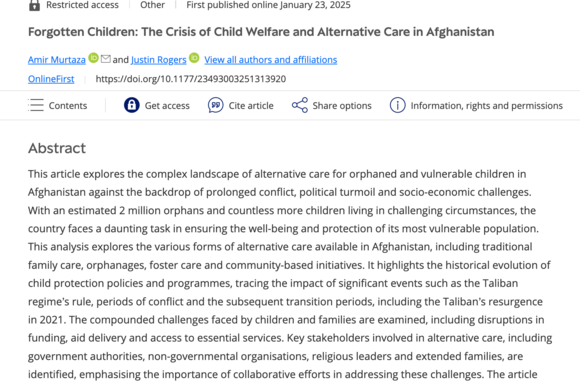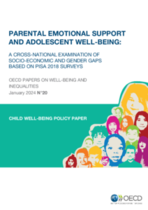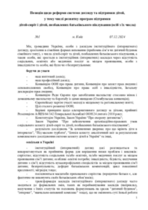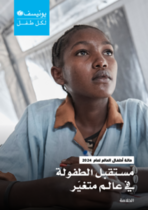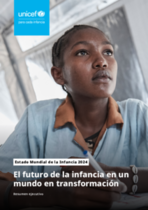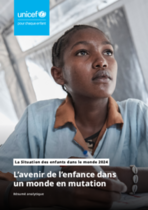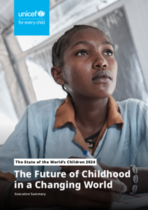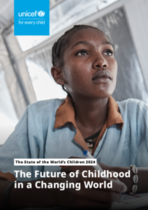U.S. Department of Health & Human Services, Administration for Children and Families, Administration on Children, Youth and Families, Children’s Bureau
Child Maltreatment 2023 (the report) is the latest edition of the annual Child Maltreatment report series. The report is used by researchers, practitioners, and advocates throughout the world as a source for national child welfare data. Jurisdictions provide the data for this report via the National Child Abuse and Neglect Data System (NCANDS). NCANDS was established as a voluntary, national data collection and analysis program to make available state child abuse and neglect information. Since 1991, child welfare agencies in the 50 states, the Commonwealth of Puerto Rico, and the District of Columbia have collected and submitted data for NCANDS.

